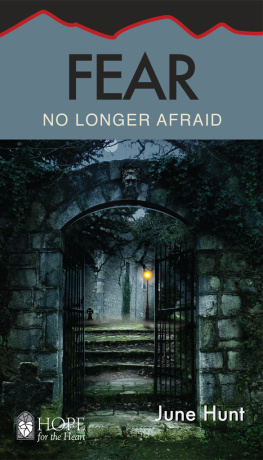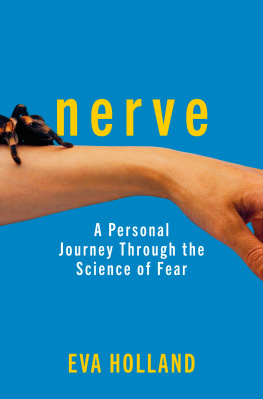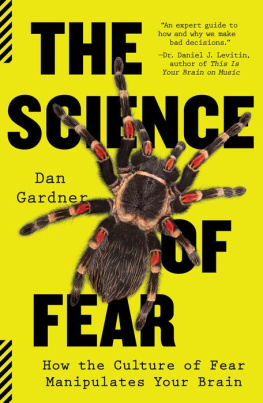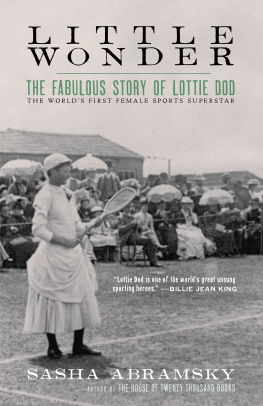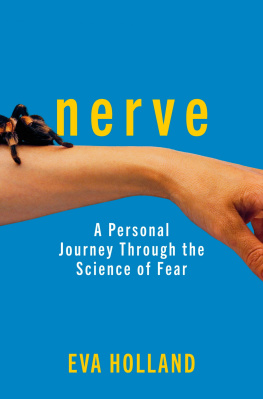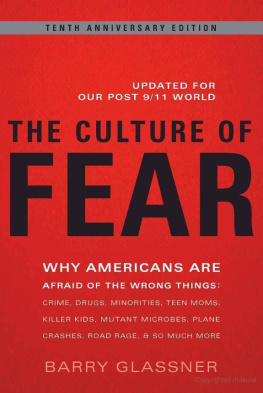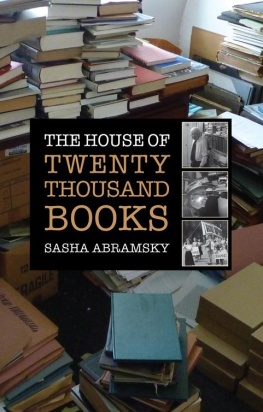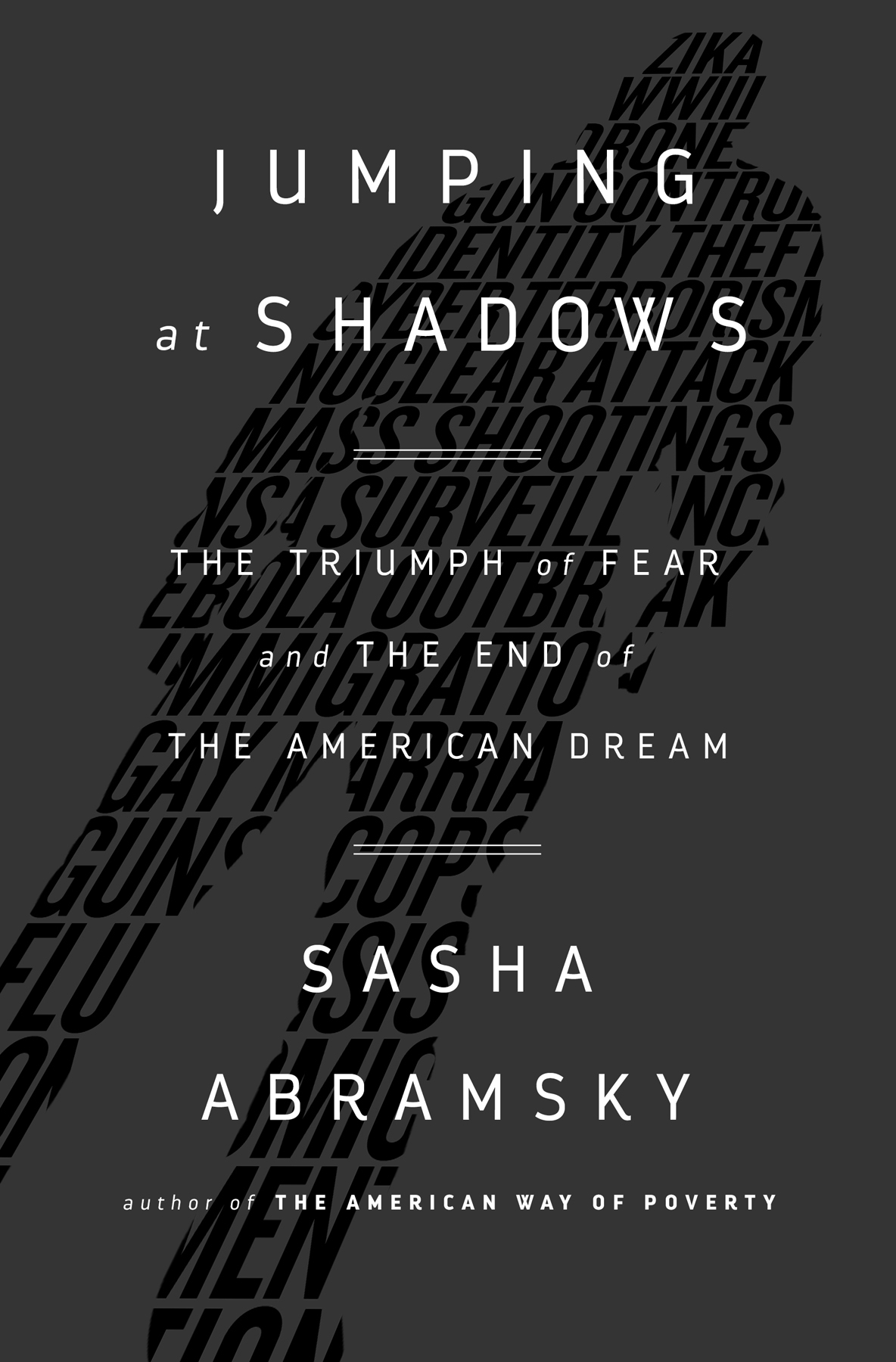Strained with gazing
Our eyes ached, and our ears as we slept
Kept their care for the crash that would turn
Our fears into fact.
W. H. A UDEN , The Age of Anxiety, 1947
He may be talking, but hell talk faster with the torture.
D ONALD T RUMP , on CNN, March 22, 2016, advocating an expansive use of torture against terrorism suspects
I n early February 2015, two weeks after my family arrived in the atmospheric Chilean port city of Valparaso to study Spanish for a month, I woke up in the middle of the night convinced I was about to die.
We were high up in the hills above the city center, in a compact neighborhood called Cerro Mariposa, staying in a small second-floor suite of rooms out back of our landlady Marisols house. From our windows, the view of the Pacific in the distance, past the elegant center of the city, was similar to that which the poet Pablo Neruda, who had lived slightly farther up in the hills from our lodgings, so adored half a century earlier.
When I woke up that night, in our little bedroom opposite our even littler kitchen, I felt as if I were fading away. My blood pressure seemed to have disappeared; my heart was fluttering slowly, weakly. I stood up, and my legs took on a life of their own. They began walking frantically up and down the small apartment, back and forth, back and forth, faster and faster. They began running, as if they were seeking to help me to escape from my body. I tried to convince my legs to stop, but they wouldnt. Back and forth, back and forth. They seemed to be telling me to jump out of my skin.
I managed to wake my wife up. She started massaging my back; my heart gradually, gradually started returning to its normal pattern. After a couple hours, I fell asleep, sitting upright in an armchaira forty-two-year-old man who suddenly felt like a nonagenarian.
Of course, had I been thinking straight, I would have woken up my landlady and her family to ask for help. For even if an ambulance couldnt have navigated the twisting, turning backstreets of our hillside cerro in the middle of the night, Im sure they could have found a taxi or a neighbor with a car who would have gotten me down to the clinic. But I wasnt thinking straight. Six thousand miles from home, I was more scared than I had ever been, experiencing wobbles in my heart that I couldnt imagine trying to explain in a language not my own. And so I half-slept the rest of the night away and the next morning, on nervous, uncertain legs, made my way down to our language school. An hour later, Isabel, my Spanish teacher, horrified at my condition, hurried me out of the school, bundled me onto a collectivo minibus, and took me to the central clinic. There, after an uncomfortable wait of a few hoursduring which time if I really had been having a heart attack I would almost certainly have diedI found myself spread-eagled on a hospital bed, shirtless, the electrodes for an EKG attached to my chest and arms and ankles, while Isabel laughingly told me that this was the strangest lesson she had ever taught.
I wasnt havingand hadnt hada heart attack, the doctors told me. Armed with a prescription for anti-inflammatories and another for muscle relaxants, and feeling somewhat sheepish at all the bother I had caused, I headed back to the language school to resume my late-afternoon studies.
For a time, I seemed to be on the mend. True, my energy levels tanked, and there were days in the week following during which I spent twelve hours in bed; but when I wasnt resting up, there were also times I felt okay. Over the weeks that we had left in Valparaso, our daily rituals resumed, albeit at a slower pace.
Assuming I was better, we traveled south, to the Lake District, a place of huge, shimmering blue lakes and towering volcanoesmany of them active. It was spectacular: the enormous alpine Lake Llanquihue set against the glacial peak of Osorno Volcano soaring heavenward. At lake level, it was fiercely hot. Up on the volcanoes, on the edge of the Andes, it was harsh winter. A glorious place, I hoped, to recuperate.
Two days in, however, my heart did the exact reverse of what it had done in Valparaso. My blood pressure soared, and my heart started beating so hard and so fast I thought it was about to burst. We tried to go to a restaurant, but I had to leave immediately, feeling that I was about to pass out. Stumbling, I made it to the front desk of our hotel, told the young man on duty there that I thought I was having a heart attack, and asked him to take me to the nearest hospital. He and a colleague bundled me into a car, and we raced off.
Within an hour I was having the second EKG of my life. This time my heart had locked in at about 175 beats per minute. All I could hear was the awful beating of blood in my head. I have a vague memory of screaming at the nurses, irrationally ordering them to make my heart slow down before it exploded. I have a memory of concerned faces and another, which cant be accurate, of a small hospital room filled with the sound of my beating heart. But, again, the doctors and nurses told me I wasnt having a heart attack, and released me back out into the quiet midnight streets.


